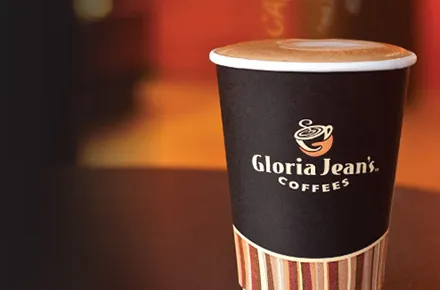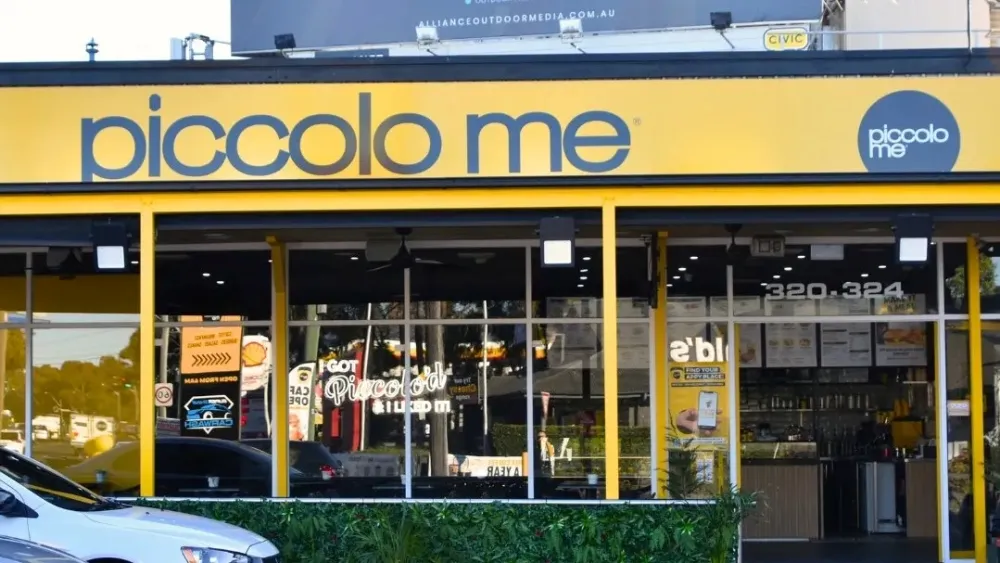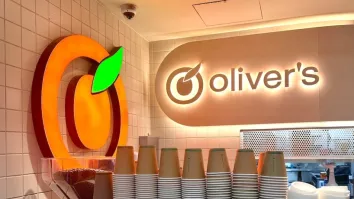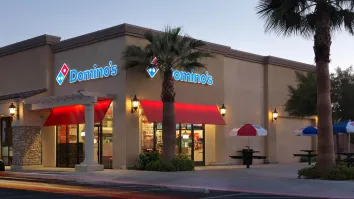
Analysts share thoughts on Gloria Jean's acquisition
In light of Retail Food Group announcement.
Retail Food Group announced this week that it has entered into a Sale & Purchase Agreement (SPA) to acquire the global business and intellectual property assets of Gloria Jean’s Coffees
Ryan Lin, IBISWorld Senior Industry Analyst, comments:
1. RFG’s current portfolio exists of a number of mass-market chains such as Donut King, Brumby’s Bakery, Crust and other smaller coffee chains such as Esquires Coffee and The Coffee Guy. Gloria Jeans would fit in nicely with their current portfolio of business and allow RFG to utilise their existing management prowess in the operating of the coffee chain.
2. The unfolding of the coffee story of the past decade essentially leads to two trends – the development of the boutique coffee scene, and the declining popularity of coffee chains. Unlike other coffee nations (consumers in Scandinavian countries drink upwards of ten coffees a day), in Australia, consumers would rather seek out that elusive cup of perfect coffee rather than simply drink more of it.
3. Discerning coffee drinkers often prefer boutique coffee shops, where he/she is on first name terms with the barista who knows exactly how they like their coffee. Conveyor belt style operations of retail chains are less appealing to those more expose to the Australian coffee culture, but nevertheless perform well in high tourism locations and airports.
4. RFG can utilise their existing understanding of consumer markets to strategically relocate their coffee chains to areas that are more highly populated by tourists and non-Australian residents.”
Euromonitor International's Research Analyst Julia Illera comments:
Gloria Jean’s is a good addition to the Retail Food Group (RFG) portfolio for three key reasons: it consolidates RFG’s presence in the growing Australian coffee market; it allows RFG to increase its market share in consumer foodservice; and the acquisition offers RFG the opportunity to enter retail through the patented Caffitaly coffee capsule delivery system.
RFG has been looking to rejuvenate its portfolio for a number of years through premiumisation (Pizza Capers, Crust) and coffee (Esquires, The Coffee Guy, Royal Bean at Donut King). This is the most effective way to make its mark within the specialist coffee shops category, and be a serious contender against McDonalds McCafé. The addition of Gloria Jean’s catapults RFG into the competitive playing field much quicker than any efforts to build the company’s presence in coffee through the Esquires rollout and bb’s Café rebrand.
As a result of this deal, RFG is set for massive growth. Acquisitions always represent a faster path for growth through immediate market share gains and greater capacity, and Gloria Jean’s has an ample offering in this regard. RFG will emerge as a major player in on-trade coffee in Australia, with a considerable market share, a larger capacity to roast and to supply coffee, and the chance to diversify beyond retail foodservice.
On the other hand, acquisitions always include an “indigestibility” risk related to the integration process. For RFG, this risk is mitigated by its extensive experience in managing franchises, good experience in coffee (wholesale, foodservice and roasting) and expertise in the local market. The fact that they have agreed to keep Nabi Saleh on board indicates that there is a strategy for the integration in place and that they are planning for a slow/smooth transition.
From an industry perspective: RFG consolidation in coffee is also a win. Coffee in Australia continues to be the fastest growing category in hot drinks. It represents more than 67% of total value sales of hot drinks. Most of the coffee in Australia continues to be consumed on-trade, and there is positive growth forecast within this channel. Despite higher consumption on-trade, retail has been growing significantly in recent years, particularly after the emergence of coffee capsules. This deal allows RFG to tap into the growth potential of off-trade coffee with a brand that already has a strong foothold in the retail market.
Armina Soemino, Equities Research at J.P. Morgan shares her two cents on the issue:
The Upside:
Soemino: There are some synergistic opportunities from presenting larger buying power to the supplier base and the wholesale coffee business looks to be a great business to integrate with RFG’s own business.
The Downside:
Soemino:
1) Re-exposes RFG to shopping centres – 75% of outlets are in shopping centres and RFG was making a concerted effort to get out;
2) The business almost went insolvent in 2010 and has had to close 150 unprofitable stores with RFG expecting to close another 22 at least (potentially up to 40) so that doesn’t sound like the most healthy of businesses;
3) Global execution risk – what does RFG know about being an international franchise licensor?
























